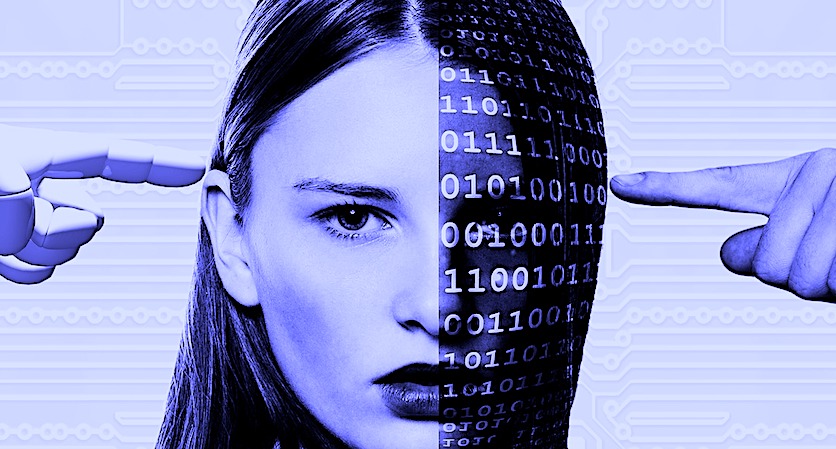Neil Raden
Latest from Neil Raden
Data for good, or good for nothing?
You might have noticed the recent surge in “Data for Good” programs, where organizations devote some resources to doing something perceived to be good for people, or the environment or other causes that aren’t in the scope of their normal business strategy. Some software vendors have picked this up and run annual award programs for ...
Machine learning and AI: Is it live or is it Memorex?
If you were watching television (or even alive) in the late 1970s, you would be familiar with a rather brilliant advertising campaign by Memorex, touting the quality of its recording tapes by comparing the sound coming from a TV and the real thing. The most memorable had the inimitable Ella Fitzgerald hitting a high note ...
ANALYSIS
Performance management: Can you really manage what you measure?
This is not an article about technology. It’s about Enterprise Performance Management, or EPM, an entire discipline concerning strategy, planning and forecasting and measuring results from operations, human resources and many other aspects of the organization. The issues of measurement in performance management endure despite the fact that technology roars ahead with more data, less ...
DEEP DIVE
All of us: Digital twinning from the National Institutes of Health
In a previous article, Digital twins for personalized medicine: promising with caveats, we examined the pros and cons of digital twin technology applied to medicine at a personal level. Digital twin technology was devised to model physical objects, both their elements as well as the dynamics of their operation. Each model is a unique one-to-one ...
COMMENTARY
Faster, faster, faster: Speed is really about giving time back to productive people
In the technology business, we are inundated with new things on a daily basis, and we spend a lot of our time learning about them, trying to predict which will gain traction, which will prevail and writing and speaking about them. Today, I am going to step back from big data, the “internet of things,” ...
ANALYSIS
Digital Twins for personalized medicine: promising, with caveats
In 2018, there is finally sufficient computing, storage and network resources, as well as tools and skills for creating complex models that mimic reality to the extent that they can stand in for actual objects, processes and even people. These “Digital Twins” are computer-based models originally designed to simulate physical objects for the purpose of ...












